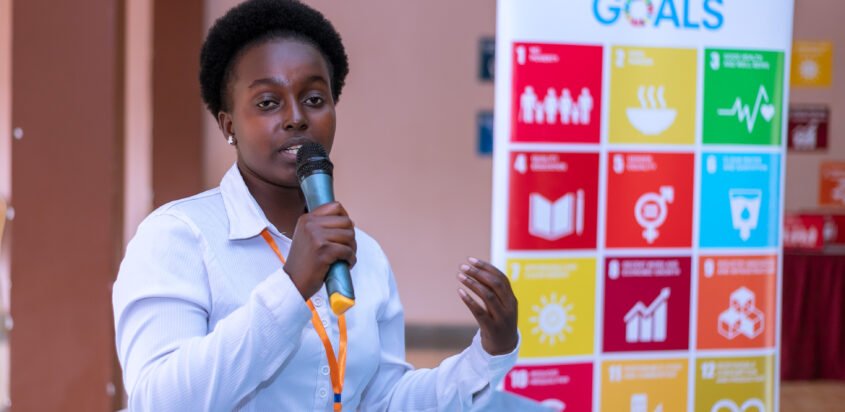
Sustainable Development Goal 13 aims to take urgent action to combat climate change and its impacts. Uganda is heavily impacted by climate change, including extreme weather events, flooding, and drought.
Did you know that several local and global studies on climate change confirm that it affects and will continue to affect Ugandans’ lives and the country’s economy with adverse consequences over time on different sectors such as agriculture, health, and infrastructure among others?
According to the Economic Assessment of the Impacts of Climate Change in Uganda (2016), climate-induced yield losses for coffee could range from 50-75 percent by 2050 and progressively lower in the intervening years. This represents a major impact on the economy, which currently derives 18 percent of its export earnings from coffee.
Despite this, our country has shown progress in its efforts towards achieving SDG 13. Uganda has implemented various initiatives, such as the National Climate Change Policy and the Climate Change Department, to combat climate change. The country has also been investing in renewable energy, such as solar and hydroelectric power, to reduce its reliance on fossil fuels. In addition, Uganda has been promoting sustainable agriculture practices to maintain soil fertility and reduce greenhouse gas emissions.
As individuals, we can also contribute to achieving SDG 13. Here are some ways:
- Reduce your carbon footprint by taking public transportation, using energy-efficient appliances, and reducing water usage.
- Support renewable energy by investing in solar panels or wind turbines.
- Practice sustainable farming by using organic methods and reducing waste.
- Educate yourself and others about climate change and its impacts.
In conclusion, Uganda has made progress in its efforts towards achieving SDG 13, but there is still a long way to go. By implementing sustainable practices in our daily lives, we can all contribute to combatting climate change and ensuring a sustainable future for generations to come.